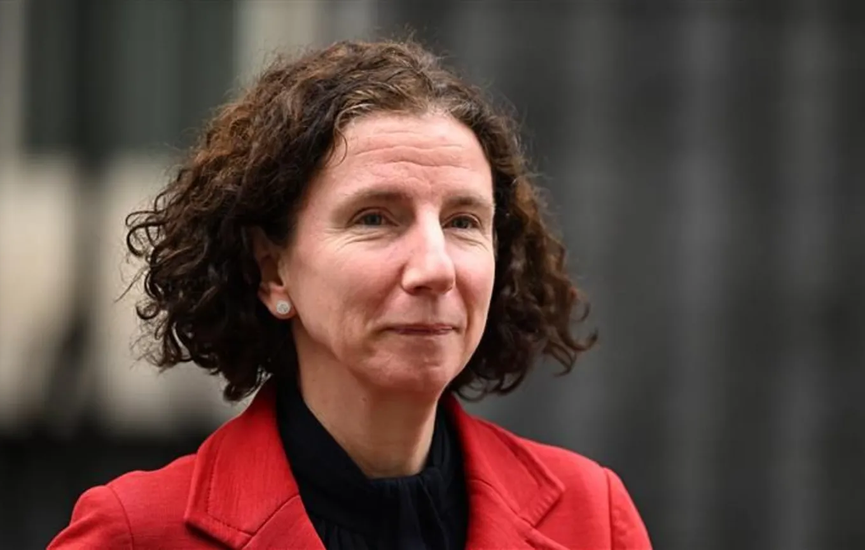As Britain continues to recalibrate its foreign aid strategy, a senior UK minister recently traveled to Ghana to confront the human impact of the country’s sharp aid reductions. Once a leading donor in Ghana’s development landscape, the UK has slashed its overseas aid budget from 0.5% to 0.3% of gross national income, prompting widespread concern across sectors that rely on international support. During her visit, the minister toured a catch-up class for out-of-school children aged 8 to 16, an initiative that had previously received UK funding. The classroom, filled with eager learners and dedicated teachers, served as a poignant reminder of what’s at stake when aid is withdrawn. Ghana’s education minister voiced his concerns candidly, noting that the cuts have forced the government to stretch already limited resources to fill critical gaps, particularly in vulnerable communities.
The visit unfolded against a backdrop of political tension and public scrutiny. The previous UK minister responsible for development aid had resigned in protest over the cuts, citing moral and strategic failures. In contrast, the current minister described her role as “the most rewarding job in public service,” emphasizing a shift toward more targeted and strategic aid delivery. Her remarks reflected a broader policy pivot, one that prioritizes emergency zones like Sudan and Ukraine, as well as domestic asylum support, over long-term development partnerships in countries like Ghana. UK funding to Ghana has plummeted from £47.1 million in 2019 to just £13.9 million in 2023, a dramatic decline that has left many local organizations scrambling to sustain their programs.
Despite the diplomatic tone of the visit, the realities on the ground were sobering. Teachers spoke of dwindling supplies, parents worried about their children’s future, and community leaders questioned the sustainability of development efforts without consistent support. The minister listened attentively, acknowledging the challenges while defending the UK’s new approach as necessary in a changing global landscape. Her presence in Ghana was both symbolic and strategic, a gesture of continued engagement, even as the nature of that engagement evolves.
This journey through Ghana offered a glimpse into the complex balancing act of modern foreign aid: the tension between fiscal restraint and global responsibility, between political priorities and human needs. For the children in that classroom, the debate over aid budgets is not abstract, it is deeply personal, shaping their access to education, health, and opportunity. As Britain redefines its role on the global stage, the question remains whether its new strategy can truly meet the needs of those who once depended on its support.
